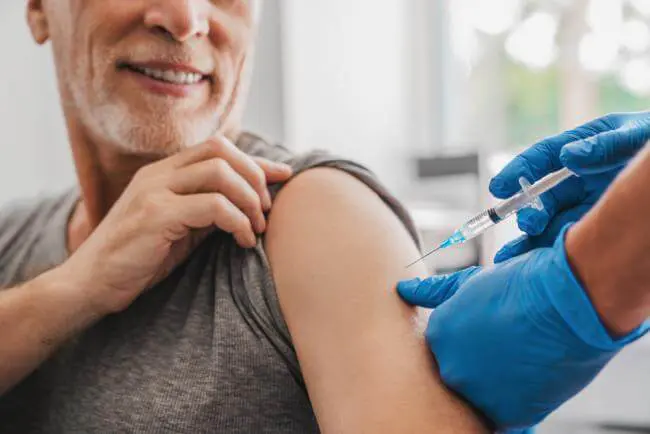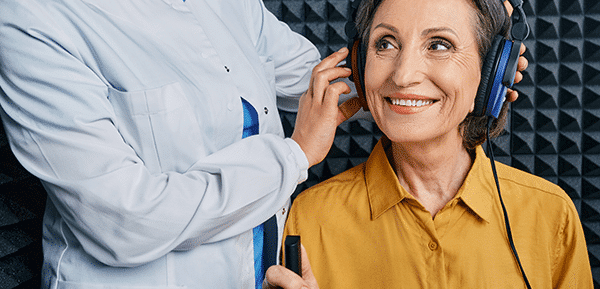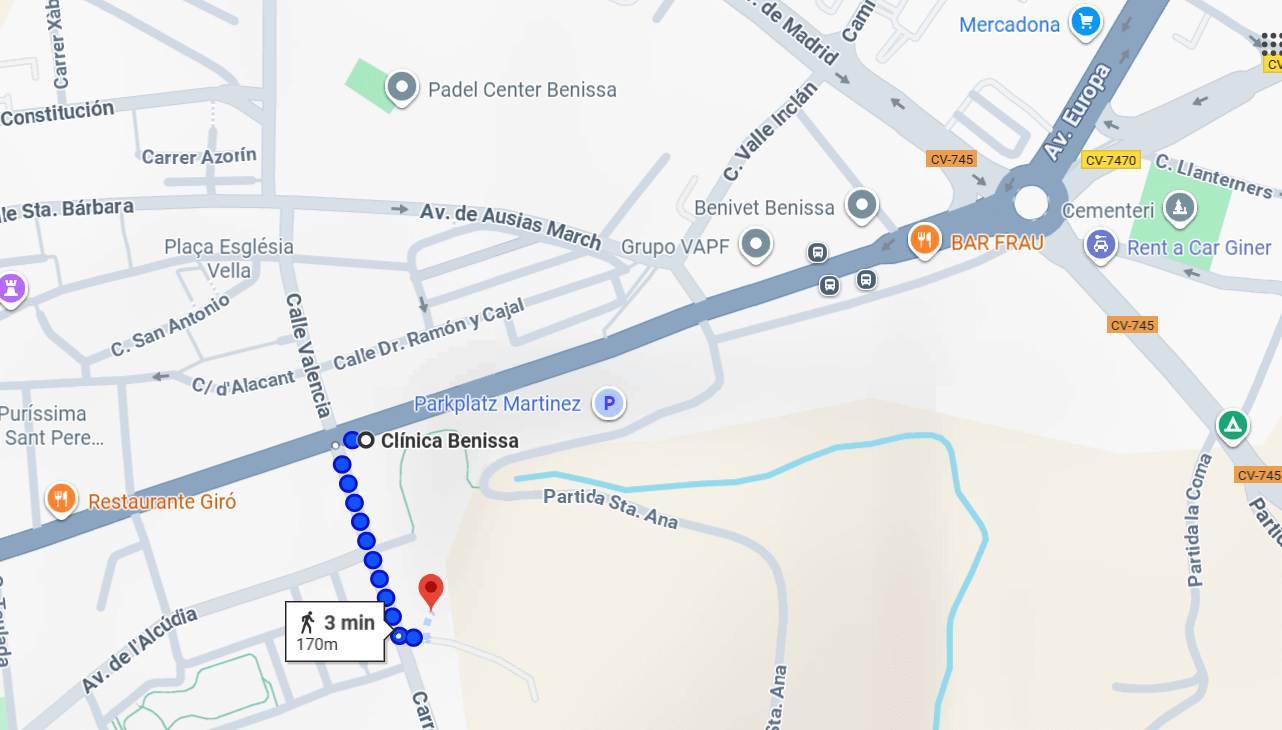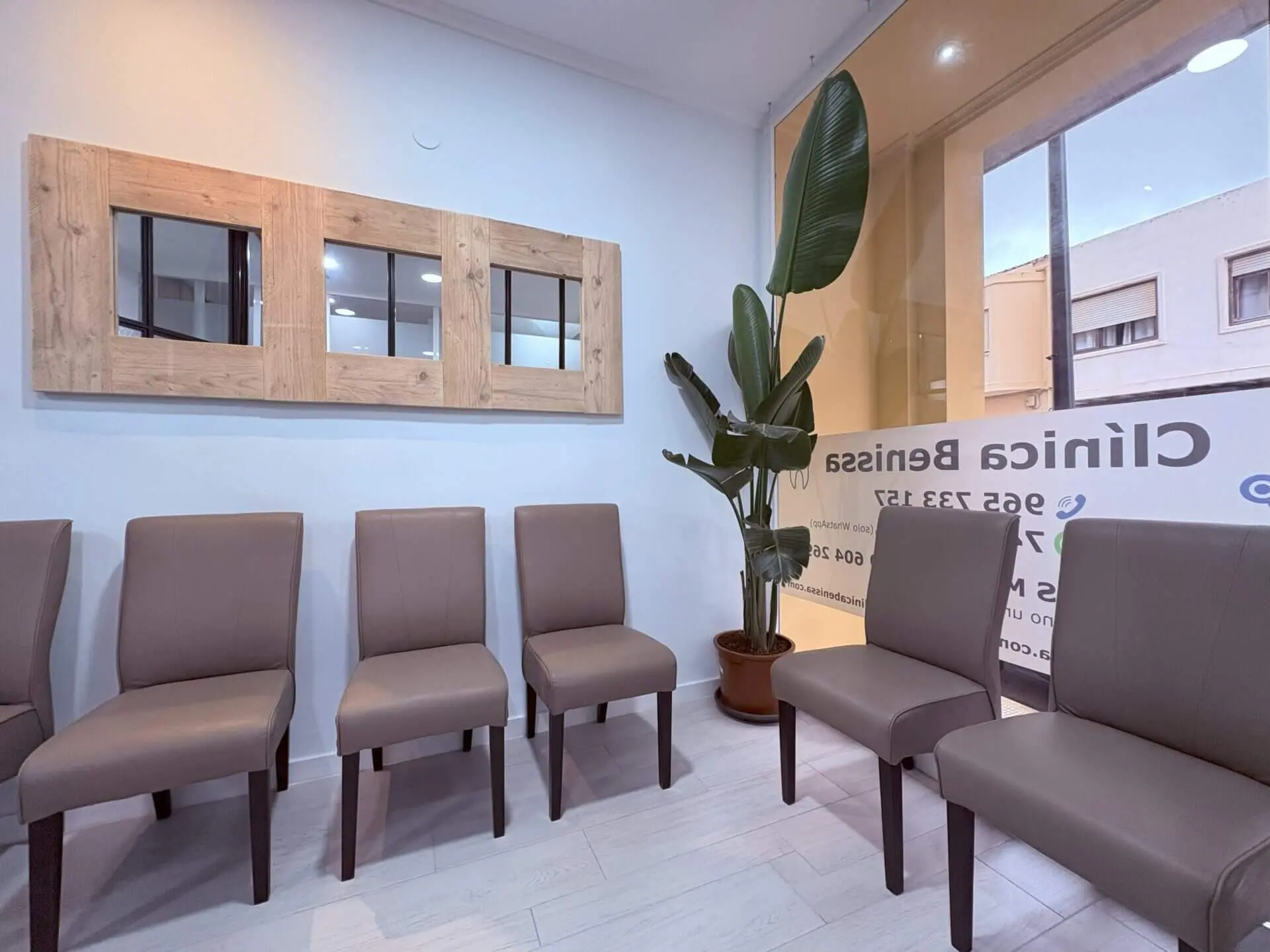[et_pb_section bb_built="1″ admin_label="section"][et_pb_row admin_label="row"][et_pb_column type="4_4″][et_pb_text admin_label="Tekst"]The first week of December we participated in a humanitarian aid project in Tindouf and Liberated Territories (Tifariti and Mehaires) of Western Sahara: Desert area with a large nomadic population but where hardly any health care reaches. Through the collaboration between Sahara 4×4 Solidarity and Dentalcoop, basic dental care coverage has been established for the population, through the installation of a fully equipped dental clinic and the work of some 20 Dentalcoop volunteers, who have been treating hundreds of patients since April 2014.
Medical assistance will also be provided in collaboration with local medical centres and education days.
An important part of the trip will be the contribution of medicines and materials. On the one hand, the material and medicines that we use (antibiotics, painkillers, NSAIDs, and emergency medicines) during the assistance; and on the other hand, medicines that are needed in the Saharawi Central Pharmacy, of which there is often a shortage.
You can follow us on FacebookThere you can find both lists of materials and medicines in case you can help us to get them. Every contribution, no matter how small, will be welcome. The materials can be delivered in the pharmacies of Benissa, Senija and Lliber and in our clinic (opening hours 9-13 hours). You can also help by donating to the following bank account in La Caixa IBAN ES5921001338760200058127 in the name of Dentalcoop, concept: Sahara Benissa. Thank you very much![/et_pb_text][/et_pb_column][/et_pb_row][/et_pb_section][/et_pb_section].




